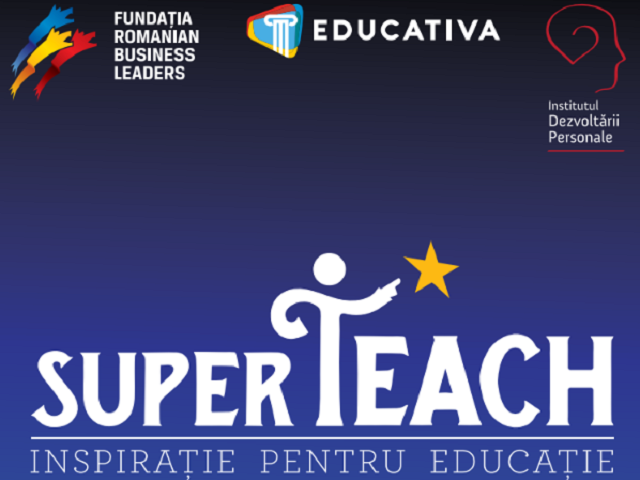What parents think about online education
The general crisis generated by the COVID-19 pandemic has changed education practices.
Warning: Trying to access array offset on null in /home/web/rri.ro/public/wp-content/themes/rri/template-parts/content.php on line 53

Warning: Trying to access array offset on null in /home/web/rri.ro/public/wp-content/themes/rri/template-parts/content.php on line 98
Monica Chiorpec,
09.09.2020, 14:00
The general crisis generated by the COVID-19 pandemic has changed education practices. Since classes have been suspended, students and teachers have had to adapt to the new situation, so their personal computers, tablets or mobile phones replaced the classroom, become a teaching space. Pupils and students and equally their parents had to adapt to the new context, the school curriculum and the inherent teaching methods. Interaction with classmates and teachers by means of a screen has practically brought school at home. Nevertheless, all this time, many parents have felt highly pressured.
An online press conference organized as part of the SuperTeach project presented the results of the latest survey conducted in Romania in relation to parents perception of online teaching as well as to the challenges posed by the state of emergency.
Felix Tătaru, a co-founder of SuperTeach, has more: “Based on information from teachers, we started organizing webinars and conferences, with themes and guests adapted to their needs. But any action, especially in the education domain, needs feedback. Teachers need feedback from parents, pupils or students, therefore, we have conducted a second survey together with Open-l Research, with Adina Nica. Parents answered several questions and we invited 2 experts who spoke from different perspectives: the educational management perspective and that of the parents association, about issues brought about by parents.
Through this survey, Adina Nica, a consultant and researcher with Open-I Research, analyzed the psychological impact of online education and what it meant from the point of view of social interaction: “I would first mention the parents positive attitude towards online education. Pressure on parents was high during this period, and we expect pressure to be equally high when their children return to school. Parents were quite worried about the suspension of classes, given that communication with the teachers was much delayed at the beginning of the state of emergency. From the childrens standpoint, the suspension of classes meant deprivation of social life.
During the home isolation period, Romanian parents had to adapt to a new daily lifestyle, while trying to cope with the new challenges at their work place and to support their children during the online teaching process. Oftentimes, the parents work from home overlapped their childrens online classes on audio-video web platforms.
Adina Nica has more: “Parents were very much affected by these changes, because, besides changing their way of working from home or even losing their jobs, they found themselves in a new situation, with their kids at home and with lots of activities to fulfill such as cooking, spending time with their children, helping them with the homework and with how to deal with the new online platforms. It was a major change for parents, with a lot of pressure for them.
The SuperTeach survey also analyzed the emergency situations psychological impact on parents, their fears being often related to a feeling of social uncertainty. Adina Nica: “Parents have had many fears, their major fear being related to their kids and their own health or to their parents health. They also had fears regarding the education system. Parents were not sure that their kids could make up for the lost classes, especially the 8th and 12th graders. And all these fears added to financial insecurity.
Another thing that has worried parents during the state of emergency period was whether they had a correct attitude towards their own children. They wondered if they were too lenient or too strict with their children.
Here is Adina Nica back at the microphone: “When asked about major difficulties in this period, they first mentioned the balance between authority and flexibility. The teachers had vanished into thin air, they did not know how to react, so their first reaction was to disappear for a while. Parents were left with their kids at home and didnt know what to do in the first place. They did not know whether to leave their kids enjoy the mini holiday, or to be strict and make them study.
Despite difficulties, many parents have chosen to look at the bright side of things and considered that the many challenges they were faced with helped them exercise their ability to adapt to change. Adina Nica has more: Asked to mention the positive aspects of this period, parents first said that home isolation was an opportunity for their kids to adapt to change. They also mentioned the opportunity to spend more time with their family and do more things together and thirdly the opportunity to experiment with digital platforms.
Initiated by the “Romanian Business Leaders Foundation, the EDUCATIVA Group and the Institute for Personal Development, the SuperTeach project promotes the idea of focusing on students needs and on training teachers according to the principles of open-mindedness. (translation by Lacramioara Simion)






























